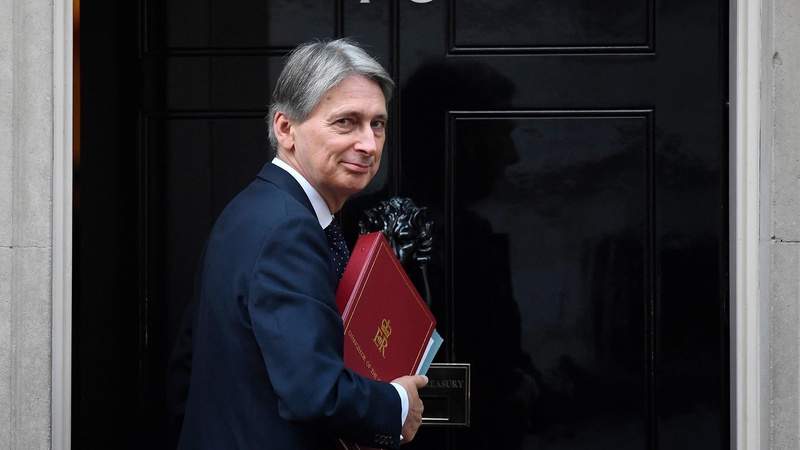The good, the bad and the ugly of the Chancellor's 2016 Autumn Statement - some thoughts from our Tax Partners:
Does it help us to get ‘match fit’ for Brexit
Chris Connor, Corporate Tax Partner
The Autumn Statement was as interesting for what it did not include as for what it did. Despite a lot of commentary in the press over recent days about getting “match fit” for Brexit and needing to invest in innovation, there were no additional incentives announced around Research and Development Tax Credits and Patent Box.
Also there was some hope amongst residential landlords that the Chancellor may take the opportunity to water down some of the punitive measures recently announced regarding the restriction of interest relief on property related borrowings to 20% (which is beginning to be phased in next April) and the 3% levy on Stamp Duty land Tax for purchasers of second residential properties and company purchasers of residential property. Sadly there was no announcement here which means that landlords still need to consider how they are going to manage and plan for this change, particularly if they are highly geared.
The Flat Rate Scheme - are you being targeted as an innocent abuser?
Phil Jeffrey, VAT Director
The Chancellors’ Announcement demonstrated that the HMRC are determined to make life as complex as possible for anyone who has become accustomed to the relative ease of operating the Flat Rate Scheme. If the business is one which primarily does not buy any goods, referred to as a 'limited cost trader', there is to be a new sanction for such businesses (which HMRC say will be currently using the 14.5% Flat Rate percentage), in that they will be forced to adopt a 16.5% percentage whilst still being prevented from reclaiming any VAT on overheads! With a VAT Rate of 20% most businesses will be out of pocket unless they revert to 'normal accounting' which is of course a reversal in the Government's pledge to minimise red tape for small businesses.
This is to go to consultation first, once the draft of the legislation is published on 5th December and will otherwise be implemented next April. Additionally HMRC say they will publish an online tool to help those businesses decide whether they need to adopt the 16.5% rate. There are also anti-forestalling measures designed to prevent businesses 'abusing' the current rate by, for example, invoicing in advance. Presumably it is intended that the 'test' for whether a business ticks the box of a 'limited cost trader' is not one which applies to each VAT return, although anything is possible.
So much for simplification for small businesses. The honest businessman looking to keep paperwork to a minimum without suffering too much cost is now an 'abuser' of the system which the Government implemented.
What to watch out for?
Paul Merrell, Tax Partner
Whilst it is easy to get hung on the headline grabbing news from the Autumn Statement, not least around spending commitments, this can be at the expense of overlooking the impact of pending tax changes. Although many, other than multi-nationals themselves, will complain about changes to the treatment of taxation affecting them, more will be uneasy about changes to the taxation of those running their business and company.
In particular, employers and employees alike are being targeted where they receive other benefits, such as cars, school fees and accommodation in sacrifice of salary. In the future such benefits, with some exceptions, will be taxable.
Again employers will be subject to increased cost with the announcement that National Insurance Contributions for employers and employees alike are to be brought into alignment.
Those who are fortunate to be benefiting from Pension draw down will find that the pension annual allowance is reduced from £10,000 to £4,000.
Finally and perhaps this is the key one, the Chancellor announced plans to undertake a review of tax motivated incorporations, whereby individuals or organisations opt to trade as a limited company or other corporate structure to take advantage of tax planning opportunities that prevail.
More detail on the points raised should come out on 5th December, when draft legislation for the Finance Bill 2017 will be published, along with a further crackdown on tax avoidance.
How might the announcements affect you?
Why not attend our Tax and Financial Year-End Planning seminar which will include further details on the tax changes announced. For further information and to book your free place please use the links below:
Tax and Financial Year-End Planning (Cambridge) - Tuesday 6th December
Tax and Financial Year-End Planning (Lincoln) - Thursday 8th December



